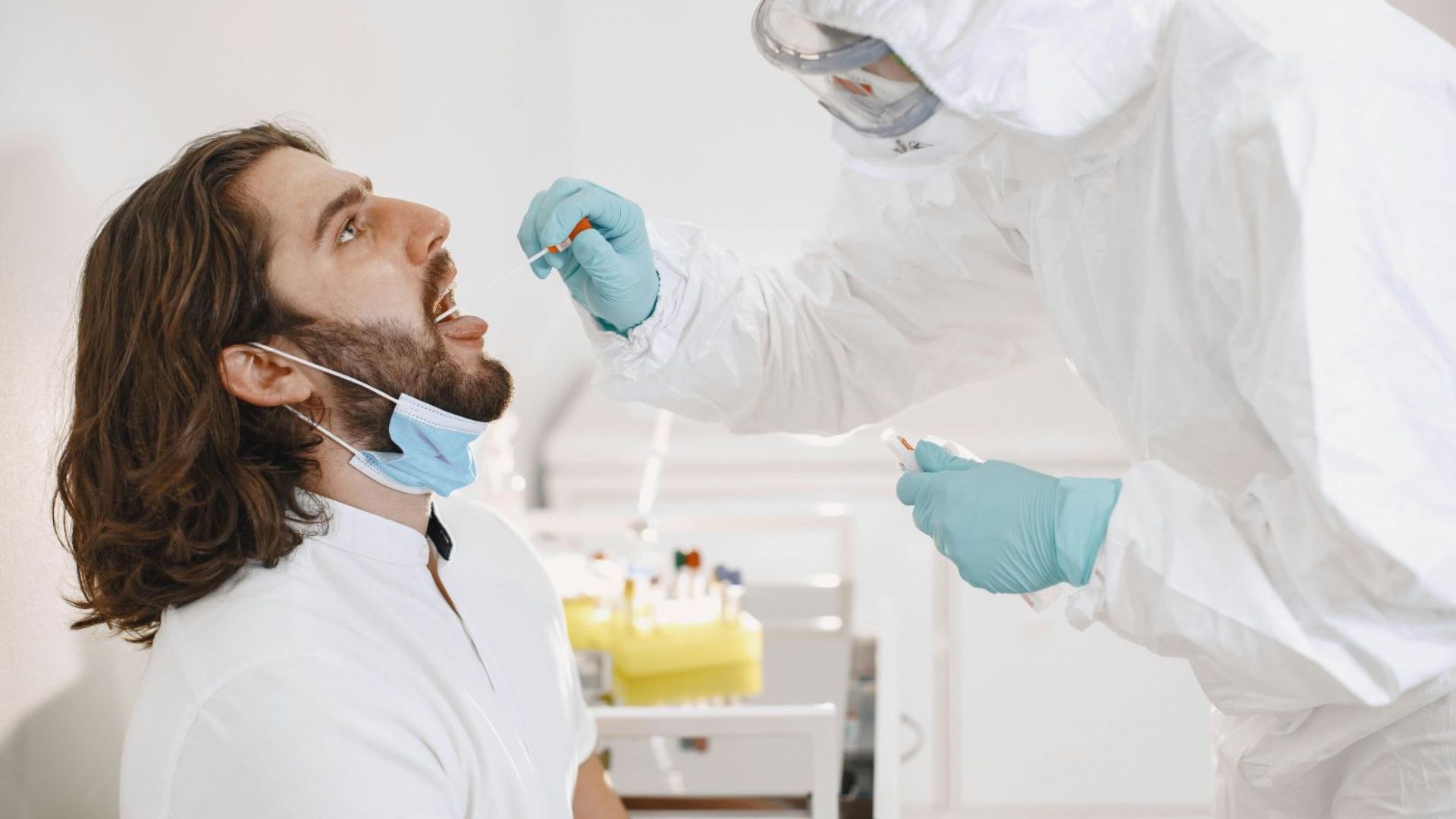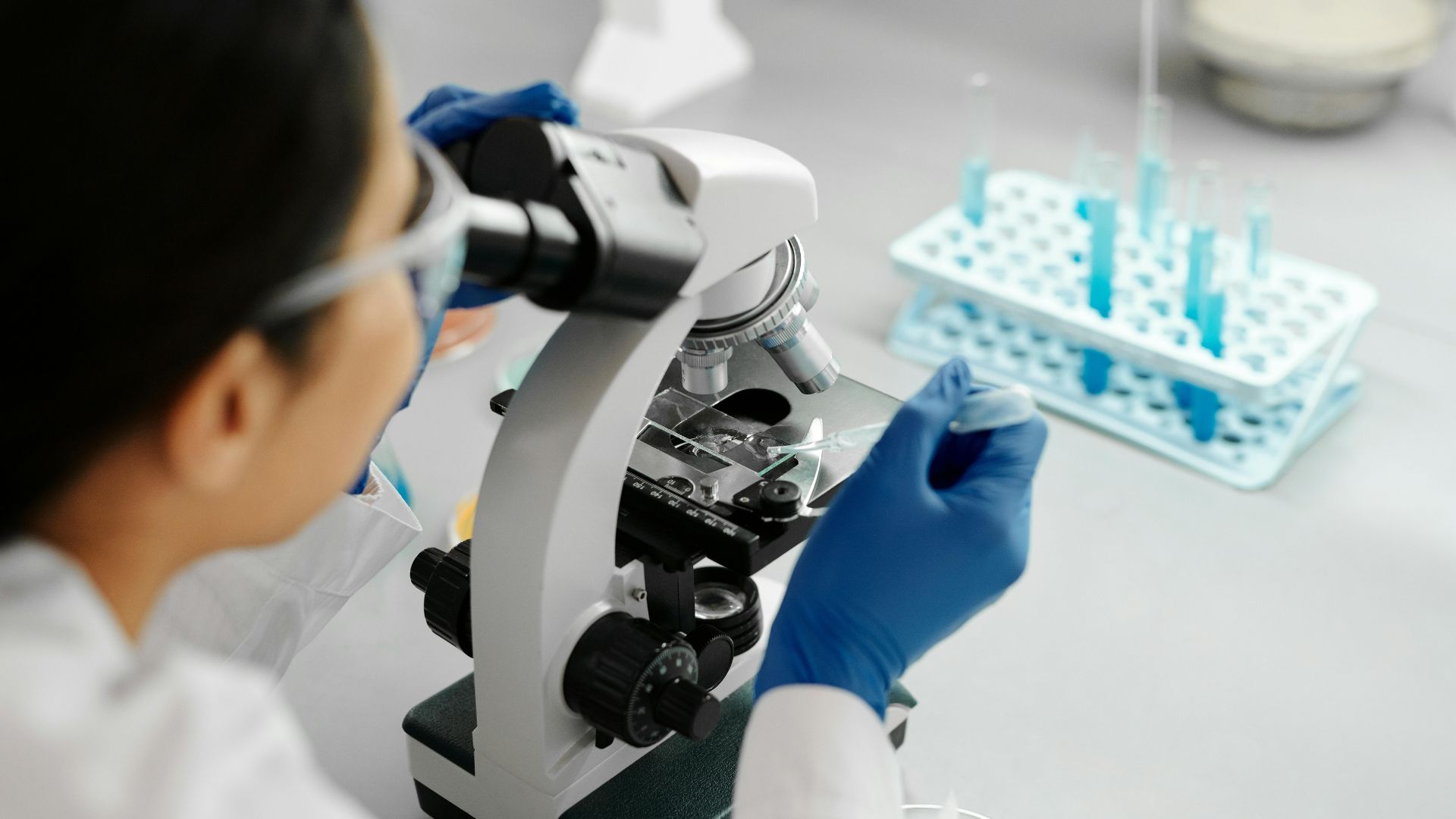Gabapentin is a medication that gets prescribed often for nerve pain, seizures, and a few other neurological conditions. If you’re taking it or thinking about stopping, you’ve probably wondered, how long does gabapentin stay in your system? That question comes up a lot, especially when drug testing, side effects, or withdrawal concerns are part of the picture.
According to recent research, gabapentin misuse affects approximately 15–22% of individuals with opioid use disorders, and around 40–65% of those with prescriptions report using more than prescribed. That’s why understanding gabapentin’s behavior in the body really matters.






